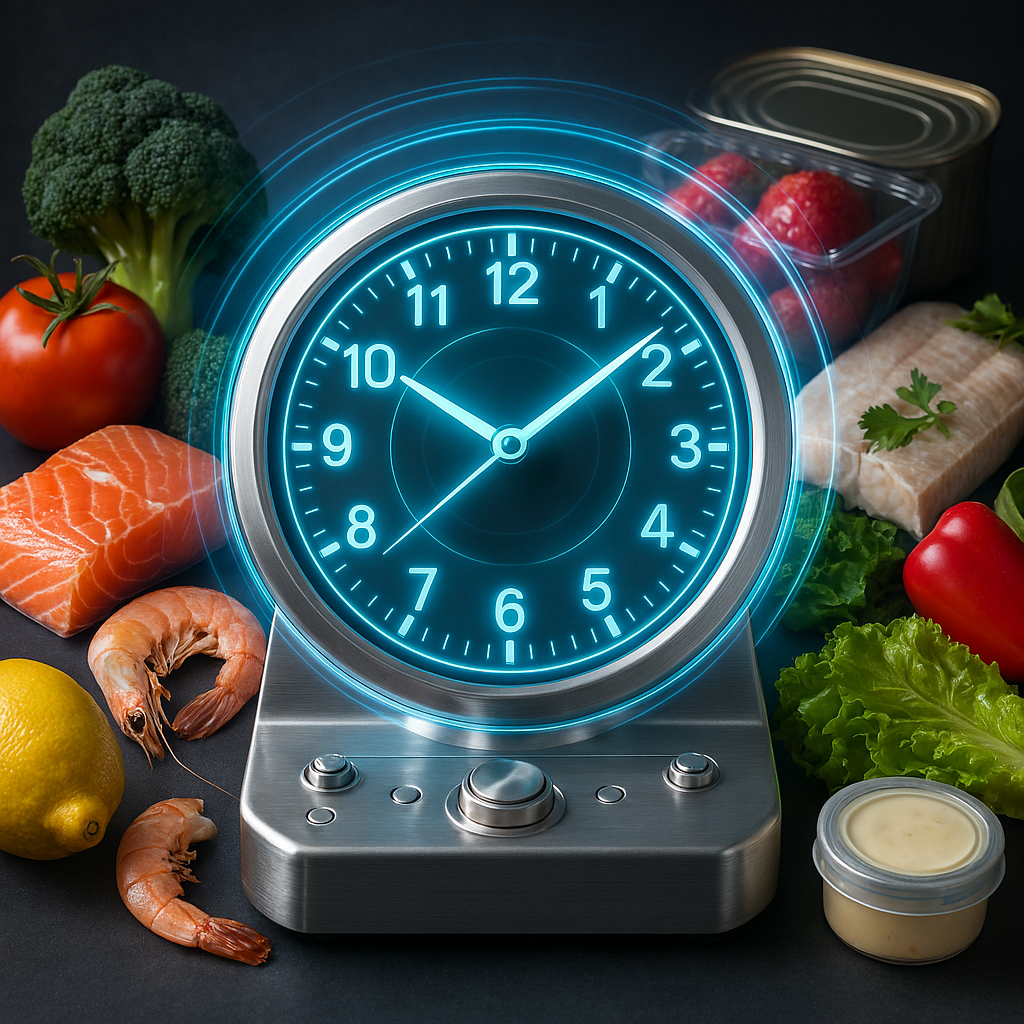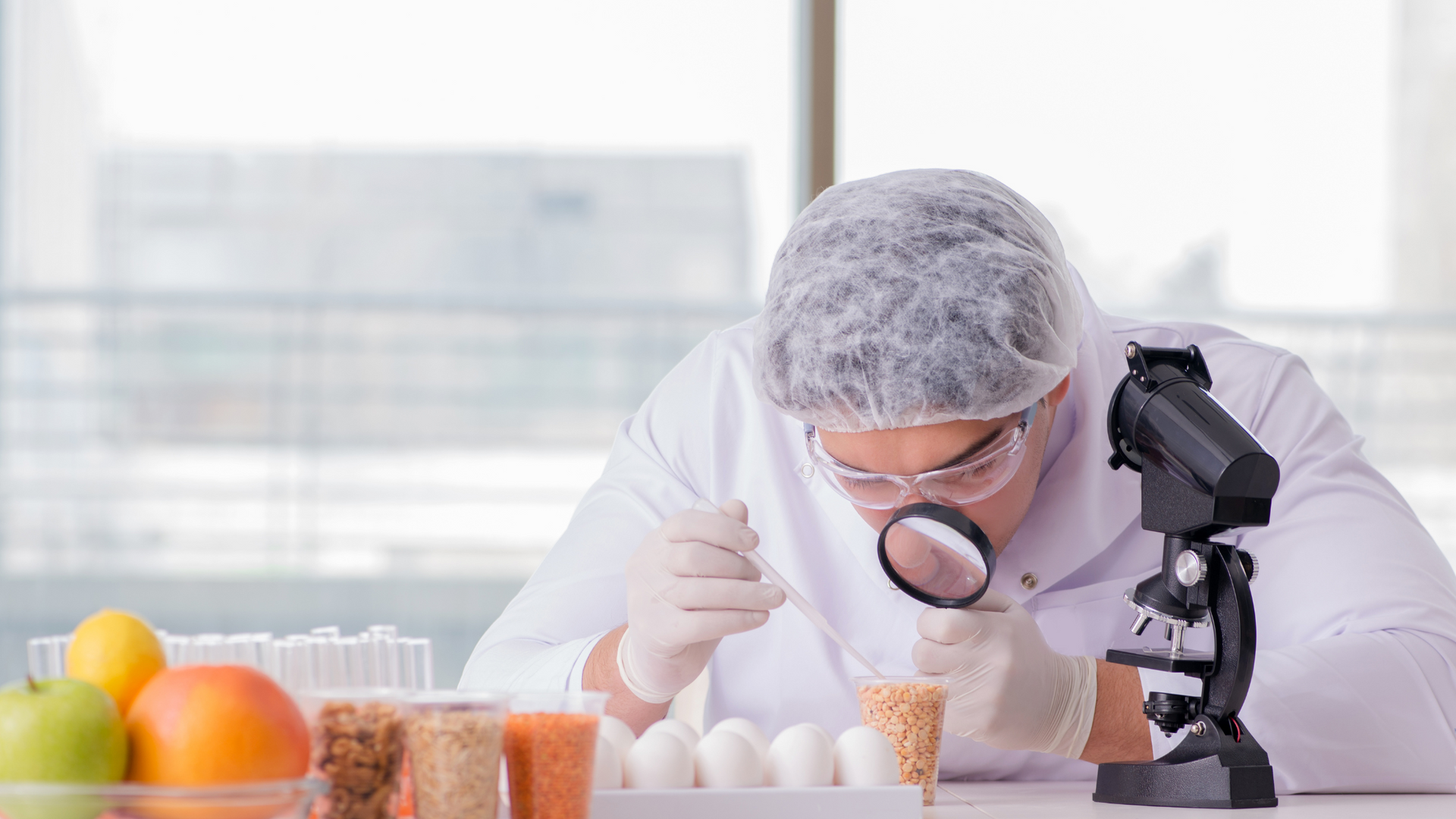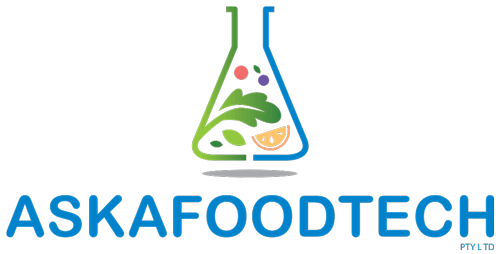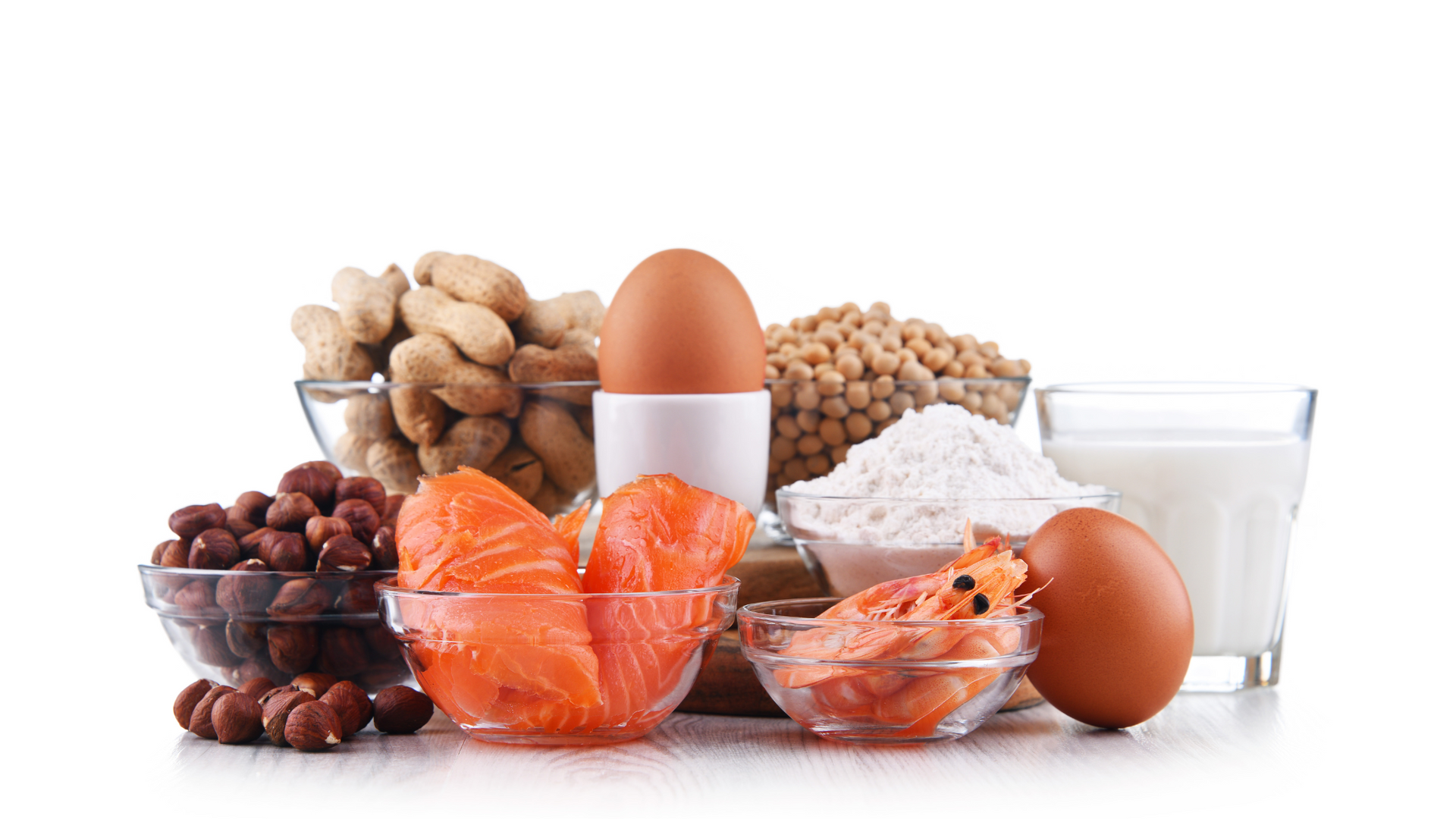The Role of Food Technologists in New Food Product Development in Australia
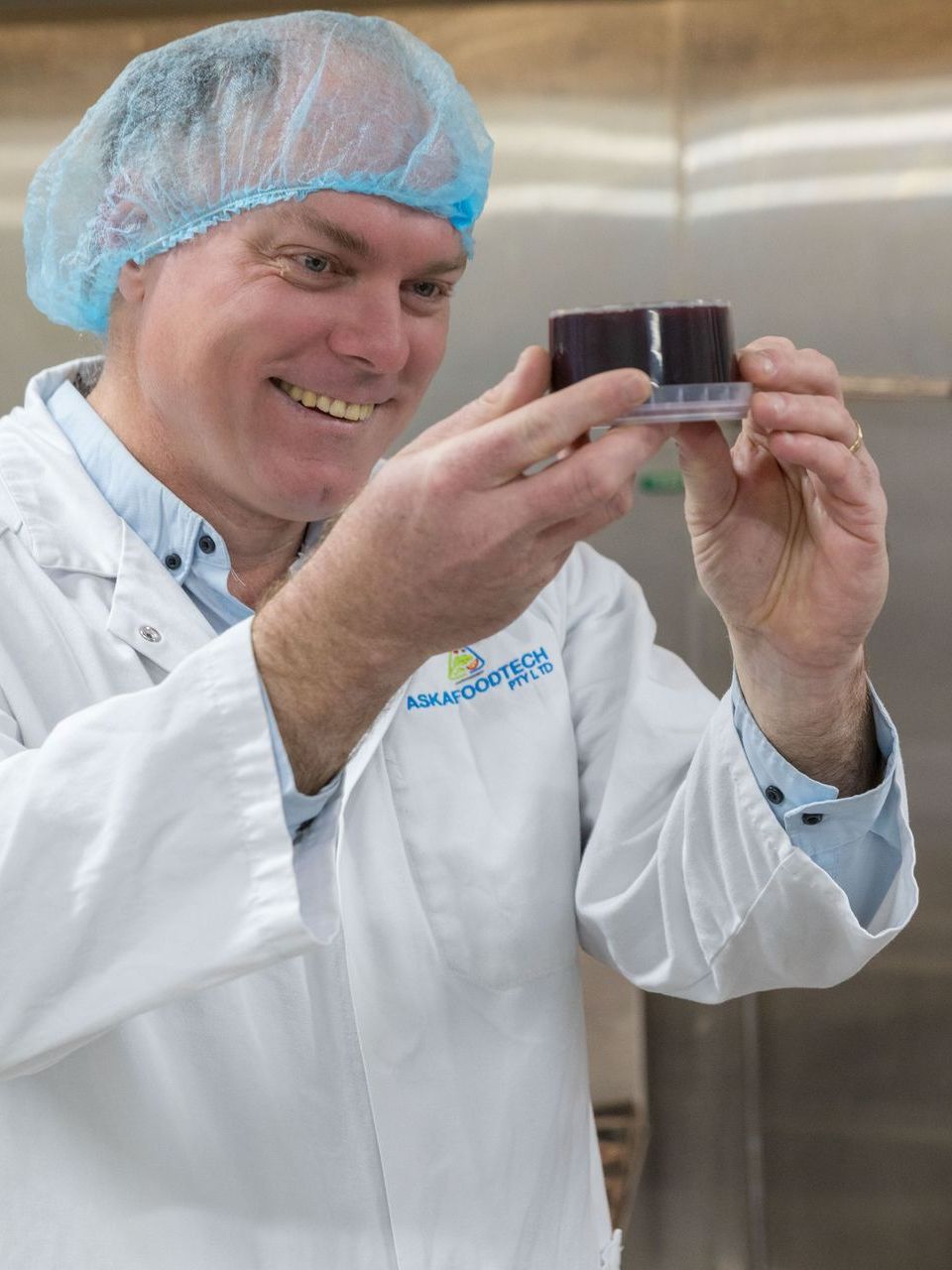
In today's dynamic food industry, the journey from concept to product launch is complex, demanding both creativity and technical expertise. At the heart of this process are food technologists.
Food technologists play a crucial role in the team responsible for transforming innovative ideas into safe, market-ready products that meet regulatory standards.
In Australia, where the food industry is heavily regulated and consumer preferences are rapidly evolving, food technologists play a crucial role in new product development (NPD).
1. What Does a Food Technologist Do?
Food technologists are experts in the science behind food. Their work involves understanding how ingredients interact, how processing affects the final product, and how to ensure the food remains safe and enjoyable for consumers. They blend their knowledge of chemistry, microbiology, and nutrition to optimise product formulations, improve shelf life, and maintain sensory quality. In the context of new product development, they collaborate with marketing, procurement, and production teams to bring innovative concepts to life while keeping consumer preferences, safety, and compliance front of mind.
2. Driving Innovation in the Food Industry
Food technologists are often at the forefront of innovation. Whether it's developing plant-based alternatives, functional foods that target specific health benefits, or products with cleaner labels, food technologists ensure that ideas are translated into scalable, sustainable products. For example, the surge in plant-based foods requires food technologists to experiment with new ingredients, test formulations, and address challenges like texture, taste, and nutritional content.
In functional foods, technologists must carefully balance health claims with regulatory guidelines while ensuring products deliver on their promise to consumers. Australian food brands increasingly look for functional ingredients like probiotics, prebiotics, and native Australian botanicals, and it's the food technologists who validate their potential for commercial production.
3. Ensuring Safety and Compliance
products meet strict Australian food safety regulations. The Food Standards Australia New Zealand (FSANZ) sets clear guidelines for ingredient usage, labelling, and product safety, and food technologists ensure that these standards are adhered to at every stage of development. This includes allergen management, shelf-life testing, and microbiological risk assessments.
Failure to comply with these regulations can lead to product recalls, loss of consumer trust, and hefty fines. Food technologists are trained to foresee potential safety issues and mitigate risks through careful selection of ingredients, precise processing conditions, and thorough testing of the final product.
4. Optimising Production and Cost-Efficiency
New product development isn't just about creating exciting new flavours or trends. It's also about making sure these products can be produced efficiently and cost-effectively at scale. Food technologists work closely with production teams to optimise manufacturing processes, ensuring that quality is maintained while keeping production costs low. They also investigate alternative ingredients that can reduce costs or improve sustainability without compromising on product quality.
For instance, using more sustainable ingredients or packaging is an emerging focus for many Australian food manufacturers. Food technologists contribute by finding ways to use less water, energy, and raw materials, all while keeping the taste and appearance of the final product.
5. Meeting Consumer Expectations
Today's consumers are more informed and demanding than ever before. They want products that are healthier, more sustainable, and convenient. Food technologists play a pivotal role in understanding these shifting demands and ensuring that new products meet consumer expectations while still complying with regulations. They research global food trends, analyse consumer data, and ensure that the products they help develop not only taste good but also align with consumer values, whether that’s clean labelling, allergen-friendly formulations, or plant-based innovations.
In summary.
Food technologists play a key role in the food industry’s innovation engine. They work tirelessly to ensure that every new product is not only safe and compliant but also aligned with emerging trends and consumer expectations. Without food technologists, the development of exciting new products would be far more challenging and riskier. Their expertise ensures that Australia’s food industry remains competitive and that consumers continue to enjoy safe, high-quality, and innovative food products.

About the Author:
Stewart Eddie (Bapp Sc Food Science & Technology) is Director and Principal Food Tech at ASKAFOODTECH PTY LTD; a food technology consulting company that inspires, educates, and serves food producers with an ambition to grow and manage risk. Living with a severe food allergy and being a food technologist, Stewart is uniquely placed to help your food manufacturing business with your allergen management planning. If you would like more information on the services that ASKAFOODTECH PTY LTD can provide, please
contact us.
